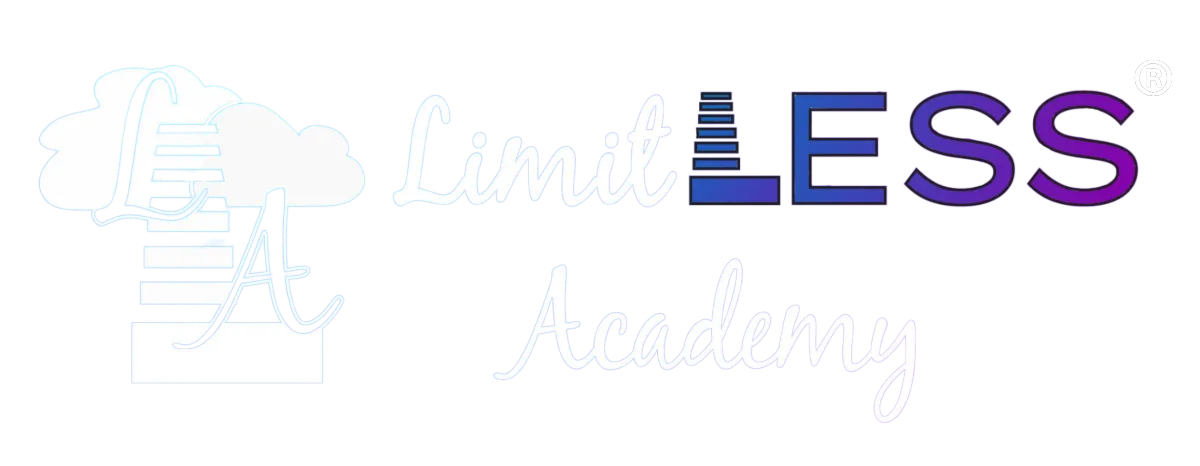BLOGS

Nurturing Your FINANCIAL Fitness For Peace of Mind And Comfort
Nurturing Your FINANCIAL Fitness For Peace of Mind And Comfort
Financial fitness—now that's a word that makes many of us nervous, right? Just like having rock-solid abs is not about having an awesome body, it's only one part of the picture. Financial fitness is not simply about having an awesome wallet but peace of mind.
In a world of student loans, credit cards, and spending splurges, it's easy to find ourselves drowning in debt. Financial awareness is a must if you want to keep stress levels manageable.
According to MyBankTracker.com, the ten leading causes of debt are:
Low income
Poor budgeting
Divorce
Credit card dependency
Gambling
Major illness
Lack of savings
Poor financial communication
Spending future money
Financial literacy
If you're living paycheck to paycheck, you have two choices. You can bury your head in the sand and hope the problem goes away, or you can face it head-on, make a plan, and take action. It's easy to wander into debt but to find your way out, you need a solid path to follow.
Even if you're not drowning in debt, financial fitness is still crucial for reaching your goals, whether it's retirement or that dream home that took your breath away.
Improving financial communication in a relationship lowers the risk of divorce and provides a boost to avoid those debt-causing factors.
Some people require a major lifestyle shift to achieve financial fitness, while others are more aware. Do you need to downsize or explore a tiny home to save on housing costs? As a coach, I can help you navigate that path.
The money you save in monthly mortgage payments can be allocated towards paying off debt. After, you can save for a bigger home when you're in a better position or more financially fit. Witnessing your debt decrease or your savings grow is one of life's greatest stress relievers and a powerful motivator to stay on track.
Ready to flex your money muscles? Here are three simple steps you can take right now:
Find a high-yield savings account and move your money there. With rising interest rates, this is much easier to do nowadays. Every little bit helps.
Review your credit card bills and cut down on those pesky digital subscriptions. You know, the ones that you just mindlessly subscribe to, those app subscriptions and upgrades we unconsciously accept on our smartphones but forget all about and rarely use. All those 99-cent subscriptions add up fast when you're unconscious about it. Ask yourself if you need those apps or upgrades before accepting new subscriptions. Not that I've ever done anything like that!

Automate your savings by setting up automatic transfers from your paycheck or bank account to a savings account, preferably to a completely different bank than the one you use all the time. Start with saving just five dollars from each paycheck. It's a great way to build a habit you can easily increase as you go along. An automatic paycheck deduction is wise because you never see the money hit your main bank account. You can also do this when you get a raise. Send the amount of your raise to savings and watch your balances grow. Or better yet, add it to your employer's 401K since they will most likely match it or a significant portion. Also, if you have substantial equity in your home, refinancing and consolidating your debt can provide a glimmer of hope at the end of the tunnel.

By the way, I'm not a fan of those debt consolidation loans you get online for low fees. I'm not going to mention specific companies, but I'm sure you've gotten an email or two and seen the social media ads. The only way this can work is if you cease all credit card spending; otherwise, you're just doing more of the same crap.
One of the best steps is to seek guidance from a financial planner.
Financial fitness involves making and following a budget, saving for the future, paying down debt, and building good credit. These activities bring peace of mind and comfort.
Utilize online resources like Credit Karma. They can help you maintain your credit score and develop better habits.
It is crucial to recognize the difference between good debt and bad debt. Good debt can potentially increase your net worth or enhance your life by purchasing a home, business, or investment property.
Bad debt involves borrowing from future income to purchase rapidly depreciating assets like a car or consumption. The interest rates on credit cards are insane. Embracing frugality in a consumer-driven world may seem challenging at first, but it's well worth the rewards in the long run.
Please share this with a friend or family member looking to grow personally or professionally. If you want to experience the peace of mind and comfort financial fitness brings to your business and life, Click here to schedule a call; I promise there's no cost or obligation.
“More important than how we achieve financial freedom is the why. Find your reasons why you want to be free and wealthy."

